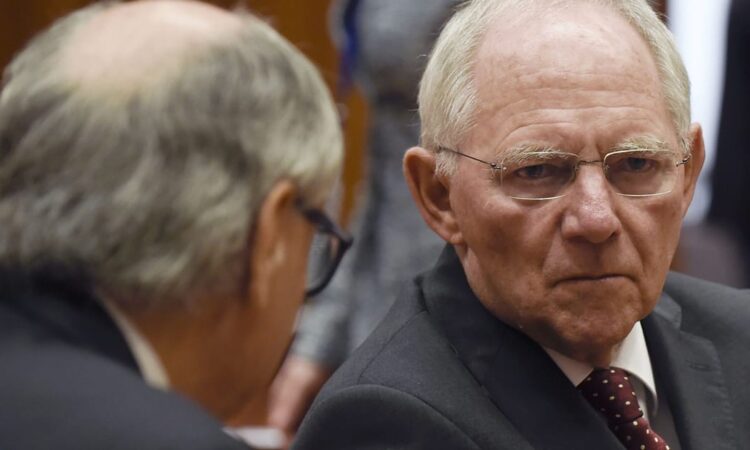
Racketeering Rimšēvičs: Currently fighting to get his prison sentence overruled, former Latvian central bank chief Ilmārs Rimšēvičs was found guilty last December of accepting bribes and a fishing trip to Russia, from shareholders of a now-defunct bank. Rimšēvičs, who has protested his innocence throughout, was sentenced to six years in jail and the confiscation of assets. The ECB initially weighed in heavily on Rimšēvičs’ side, defending one of its own in the name of protecting the central bank from political interference. But after scoring an initial victory, it was defeated in 2021 when the European Court of Justice found that his actions were “manifestly not committed in his official capacity” and thus not covered by institutional immunity.
Rimšēvičs was not immediately jailed, but rather walked free (somewhat despondently) pending his appeal. In addition to his appeal, he is now also battling two separate criminal charges, for pressing a witness to give false testimony and for the alleged purchase and use of a Covid-19 vaccination certificate. Rimšēvičs denies any wrongdoing. He has claimed to be the victim of a concerted campaign by several banks to have him removed because he was pushing for more transparency in Latvia’s outsized non-resident banking sector, which was once a conduit for large-scale money-laundering across the former Soviet Union.
Kažimír’s call to court: In 2023, Slovakia’s central bank chief, Peter Kažimír, was found guilty of accepting bribes during his time as finance minister, receiving a two-year suspended sentence and a €100,000 fine. The verdict was issued without a trial. Both the state prosecution service and Kažimír appealed against the verdict, calling for a full trial. This is currently underway with the outcome still pending. Kažimír was finance minister from 2012 to 2019 under Robert Fico’s second premiership. His nomination was criticized by the opposition as an attempt to expand government control over the central bank. Slovakia’s politics have become increasingly polarized in recent years, as an assassination attempt against Fico earlier this month illustrated.
All that Jazbec: In 2013, former Slovenian central bank chief Boštjan Jazbec found himself under investigation for possible “criminal abuse of office” after his overhaul of Nova Ljubljanska banka (NLB) — one of the country’s largest — ended up wiping out its shareholders and many of its creditors, some of whom were very well politically connected. NLB had previously been suspected of laundering money for Iran, among other lax practices.
An initial investigation into the central bank’s actions in 2013 had run into the sand: Slovenian police overstepped the mark when raiding Jazbec’s offices in 201`6, confiscating documents that contained privileged ECB information. ECB archives enjoy the same protection as those of any EU institution, a court ruled in 2020. As such, the Slovenian prosecutors lost the evidence they needed to press their case.
By that time, Jazbec — who received death threats after the recapitalization of NLB and another institution — had left the bank. In 2018, he moved to the EU’s Luxembourg-based Single Resolution Board, an implicit vote of confidence from the EU institutions in the face of personal danger. He left the SRB in 2023.





